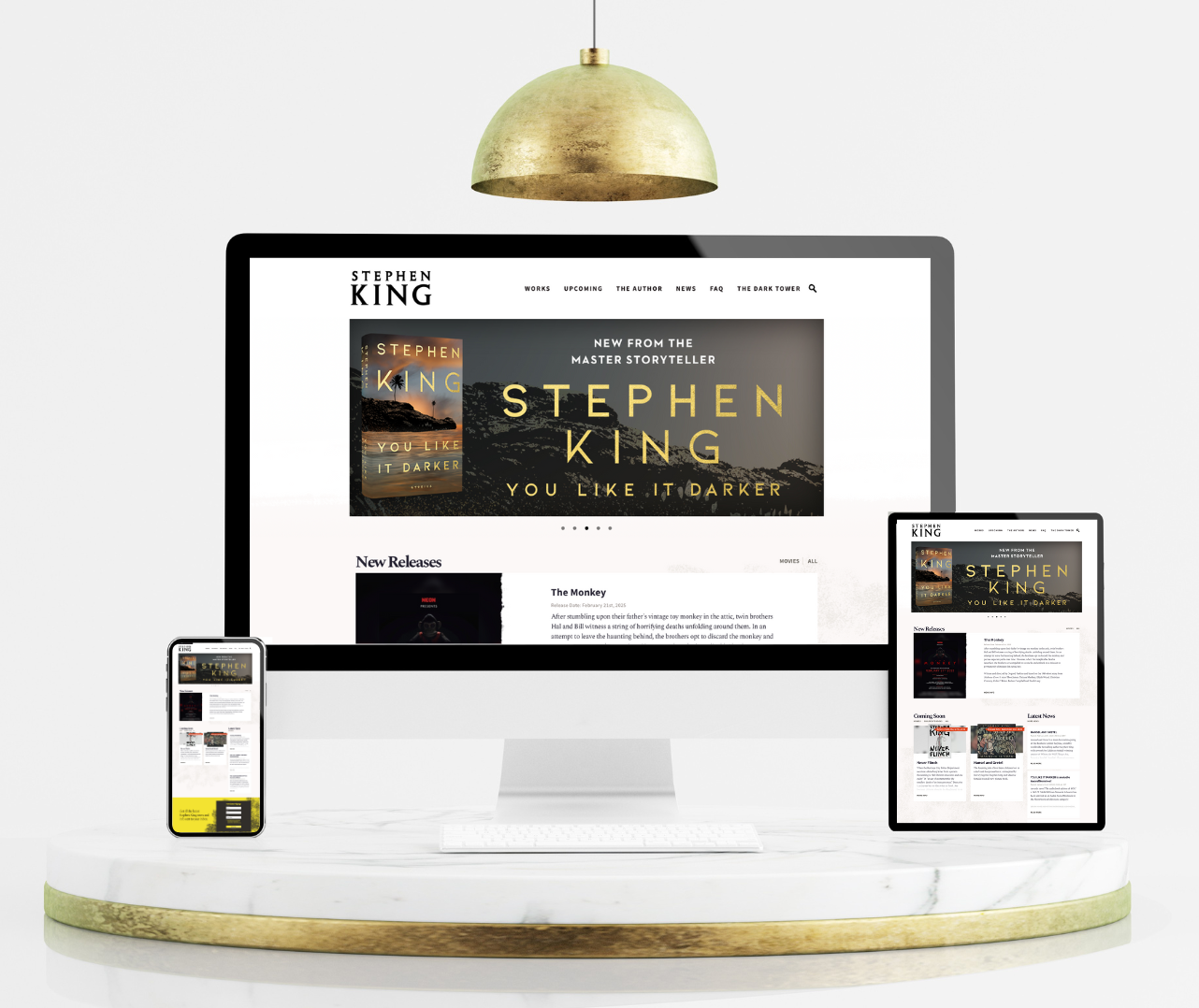
Do You Really Need An Author Website?
With platforms like Instagram, Facebook, and Amazon Author Pages, it might seem like a website is unnecessary. After all, readers can already find you and your books online—right?
Questions about ISBNs, copyrights, and legal requirements often come up during the publishing process, and understanding them ahead of time can save you headaches down the road.
While some of these steps are optional, others—like copyright protection—are essential to safeguarding your work. This guide breaks down what indie authors need to know about ISBNs, copyright, and other legal considerations when publishing a book.
Do You Need an ISBN?
ISBNs (International Standard Book Numbers) are unique identifiers assigned to books that help bookstores, libraries, and distributors track and catalog them. While Amazon assigns a free ASIN (Amazon Standard Identification Number) to Kindle books, ISBNs are required for print books sold outside of Amazon.
You need an ISBN if you:
You don’t need an ISBN if you:
Where to Get an ISBN
Some authors choose free ISBNs from Amazon KDP or IngramSpark, but these list the publisher as Amazon or Ingram, rather than you. If you want full control over your publishing imprint and metadata, buying your own ISBN is best.
What About Copyright?
Copyright protection is automatically granted the moment you write and save your book. However, registering your copyright with your country’s copyright office provides legal documentation that can be useful in case of disputes.
Registering copyright gives you:
How to Register Copyright
Copyright registration is not required to self-publish, but it’s a small investment for peace of mind, especially for nonfiction books or original research.
Do You Need a Publishing Imprint?
A publishing imprint is the name under which you publish your book. Many self-published authors use their name, but others choose to create a small publishing brand.
Reasons to create a publishing imprint:
Reasons to use your own name instead:
To create an imprint, you’ll need to:
Do You Need a Business License for Self-Publishing?
Most self-published authors don’t need a business license, but if you’re treating your writing as a business, it may be beneficial.
When to consider a business license:
Many authors operate as sole proprietors without formal registration. Others create an LLC (Limited Liability Company) to separate their personal and business finances. If you’re unsure, consulting a tax professional can help.
Legal Considerations for Using Quotes, Images, and References
One area where authors unknowingly run into legal trouble is using copyrighted content without permission.
Using Quotes:
Using Images:
Referencing Other Books/Brands:
Self-published authors are legally responsible for their content, so reviewing copyright laws and ensuring permissions are in place is key.
Final Thoughts: Understanding Legal Basics Helps You Publish with Confidence
While ISBNs, copyright, and legal considerations may seem overwhelming, they’re important elements of professional publishing. Taking the time to understand these basics ensures your book is legally protected and positioned for success.
Recommended Resources & Further Reading

With platforms like Instagram, Facebook, and Amazon Author Pages, it might seem like a website is unnecessary. After all, readers can already find you and your books online—right?

Before you invest months (or even years) into writing a manuscript, there’s one crucial step that many new authors skip.